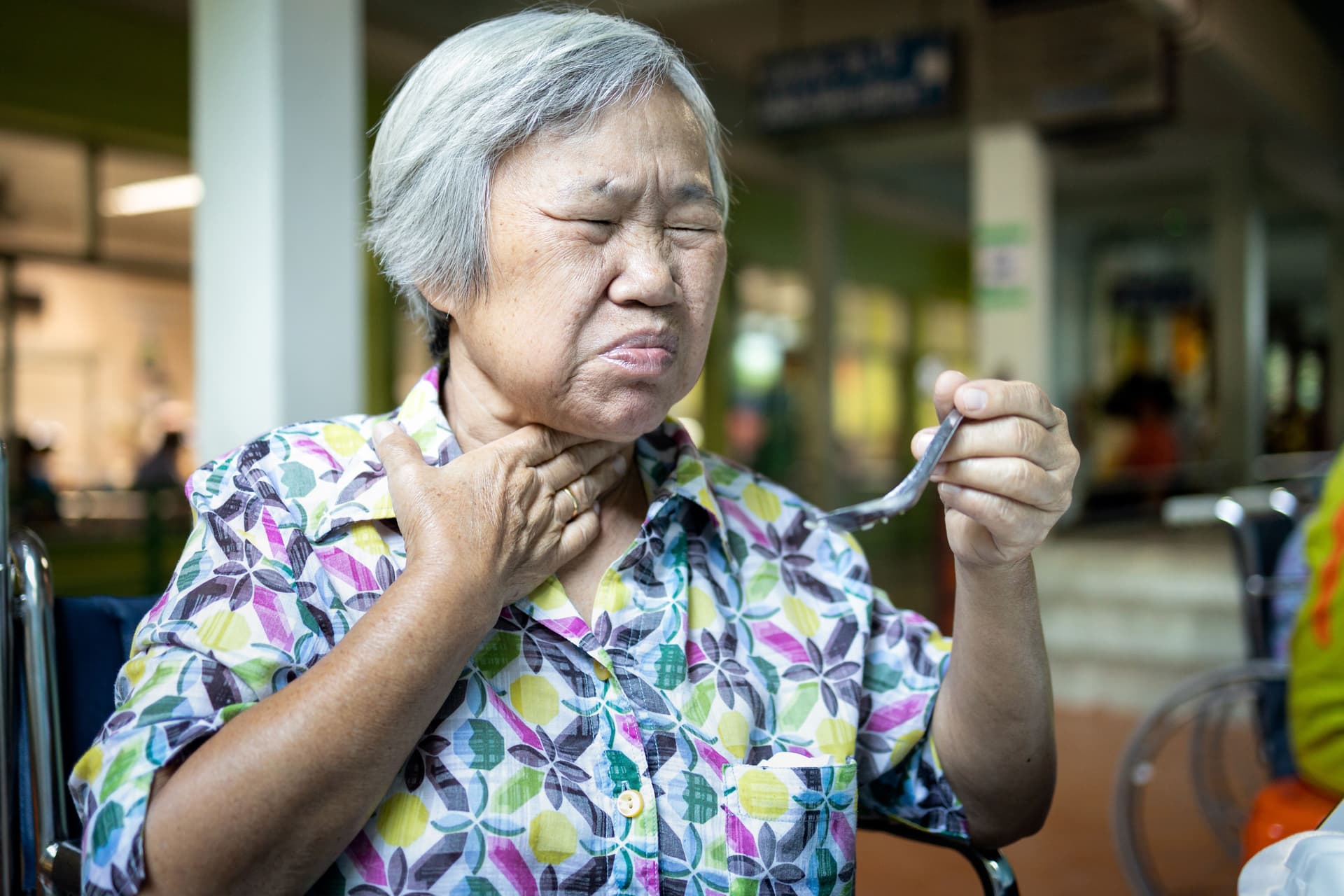Nursing homes are designed to keep seniors safe, supported, and well-nourished. Yet, choking remains a leading cause of emergency and death among nursing home residents. For many families, discovering that a loved one has choked—sometimes fatally—while under professional care is a devastating shock. The tragedy is made worse by the knowledge that, with proper precautions and attentive care, most choking incidents are entirely preventable.
Why Are Nursing Home Residents at High Risk for Choking?
Choking occurs when an object, most often food or medication, becomes lodged in the airway, blocking normal breathing. Seniors in nursing homes are particularly susceptible to choking due to:
- Dysphagia (Swallowing Difficulties): Many residents have conditions such as stroke, Parkinson’s disease, Alzheimer’s disease, or age-related muscle weakness that make swallowing challenging and dangerous.
- Poor Dental Health: Missing teeth or poorly fitted dentures can make chewing and swallowing difficult.
- Neurological Impairments: Dementia, stroke, and other neurological disorders can affect the muscles and reflexes needed for safe swallowing.
- Medication Side Effects: Some medications cause dry mouth, sedation, or muscle relaxation, all of which increase choking risk.
- Cognitive Decline: Residents may forget to chew thoroughly or may try to eat too quickly.
Because of these risks, nursing homes must carefully assess and monitor every resident’s ability to safely eat and drink.
Facility Responsibilities: Preventing Choking
Preventing choking is a critical duty of care for every nursing home. Facilities must:
- Conduct Swallowing Assessments: Upon admission and periodically thereafter, staff should assess residents for dysphagia or choking risk.
- Tailor Diets: Prescribe special diets (such as pureed, soft, or thickened liquids) for residents who have difficulty chewing or swallowing.
- Supervise Meals: High-risk residents should never be left alone while eating or drinking. Staff must be present and attentive during meals and snack times.
- Proper Food Preparation: Ensure food is cut into small, manageable pieces and is appropriate for the resident’s dietary needs.
- Provide Adequate Staffing: Meals should be unrushed and staff-to-resident ratios must allow for careful supervision.
- Train Staff: Staff must know the Heimlich maneuver, CPR, and emergency protocols, and be able to act quickly if a choking emergency occurs.
- Monitor for Medication Risks: Staff should be aware of side effects that increase choking risk and take extra precautions when giving pills or liquid medications.
Consequences of Choking Incidents
Choking can result in immediate, life-threatening emergencies:
- Oxygen Deprivation: Even a short period of blocked airflow can cause permanent brain damage.
- Aspiration Pneumonia: Food or liquid entering the lungs can cause infection and respiratory failure.
- Fear and Trauma: Surviving a choking incident can leave a resident anxious about eating or drinking, reducing quality of life.
- Death: Tragically, choking remains a significant cause of preventable deaths in nursing homes.

What to Do After a Choking Incident
If your loved one experiences a choking episode in a nursing home:
- Seek Immediate Medical Attention: Ensure your loved one is evaluated for ongoing complications, such as aspiration or hypoxia.
- Request Incident Reports: Ask the facility for all documentation related to the event.
- Preserve Evidence: Take photos of the food served, obtain copies of dietary orders, and interview witnesses if possible.
- Ask Questions: Was your loved one assessed for swallowing problems? Was their dietary plan followed? Was supervision provided as required?
- Monitor Health: Watch for changes in breathing, coughing, fever, or mental status in the days after the incident.
- File a Complaint: If you suspect neglect or inadequate care, notify your state’s long-term care ombudsman or health department.
Legal Rights: When Is a Nursing Home Responsible?
A facility may be legally liable for choking injuries or death if:
- Staff ignored dietary restrictions or failed to follow a care plan
- High-risk residents were left unsupervised during meals
- Staff were untrained or failed to respond appropriately during a choking emergency
- Facility records show a pattern of neglect or similar past incidents
Legal action can help families recover damages for medical bills, pain and suffering, wrongful death, and, just as importantly, pressure nursing homes to adopt better safety practices.
How Protect Seniors Law Firm Helps
Protect Seniors Law Firm stands with families devastated by preventable choking incidents. The firm:
- Investigates Thoroughly: Reviews medical records, staff training, dietary orders, and facility safety protocols.
- Works with Medical Experts: Consults with specialists in dysphagia, nutrition, and emergency response to determine what went wrong.
- Fights for Compensation: Seeks damages for medical costs, emotional trauma, and, in cases of death, for the loss of a loved one.
- Advocates for Change: Pushes nursing homes to implement safer practices, better training, and stricter supervision for all residents.
Conclusion
Choking tragedies in nursing homes are almost always preventable when facilities provide proper care, attention, and supervision. If your family has been affected by a choking incident, you deserve answers—and the chance to seek justice. Protect Seniors Law Firm is dedicated to holding nursing homes accountable and ensuring safer futures for all seniors in their care.

